Your ‘Enough’ Criteria
What is the opposite of abundance? I’ll give you a hint, it isn’t scarcity.
The opposite of abundance is in fact, no abundance, or the absence of abundance. It is an amount or measure one could also call ‘enough.’
If that setup sounds strange, another way of thinking about it is on a spectrum. On one end you have scarcity, and on the opposite end you have abundance…and in the middle you have something that’s neither too much nor too little!
For better or worse, we are alive in a period of modern American history when many things are available in abundance. We’ve come to expect abundance, we browse abundance, and we consume abundantly. One can engage with this abundance 24/7, and a popular word for this habit is binging.
We binge on food. We binge on news. We binge on Netflix, TikTok, self-care, and even complaining.
Of course, none of these things are inherently “bad,” but when we binge, we max out the system. Or more specifically, we max out our systems - mentally, emotionally, physically, financially, etc.
We bury our understanding of ‘enough’ under a never-ending pile of doing and we jeopardize our well-being.
We also try to restore our imbalance in abundant or excessive ways. We overcorrect or overcompensate by making some drastic and reactive change (e.g. quitting a job to stop chronic stress, testing a new dietary regimen to reset one’s self-image, etc.) And amidst this parabolic swing from abundance to scarcity, excess to deprivation, we forget what ‘enough’ feels like, we allow imbalance to become our ‘new normal.’
A frequent discovery in coaching is the client’s tendency to binge on productivity and problem solving: the sense that if one just works longer, harder or smarter they will achieve some optimal end or recognition, as though it is some fixed and dependable logic.
But is it? Is that really true?
I have heard countless tales of managers asking their direct reports to “take on a bit more,” and I have heard countless justifications from clients saying “I don’t think I have a choice.” Is that really true? Or is that, in itself, a kind of over-correction, a parabolic swing to the opposite end?
What if it weren’t 100% true, what variables might you find somewhere in the middle?
When overcorrecting thoughts inevitably creep in, try to linger a little longer in curiosity, try to recall that the opposite of abundance isn’t scarcity, it is ‘enough.’
Here are some questions to get you started on a little Work-Life Redesign based on your own ‘enough’ criteria:
What balancing variables do you want to experiment with more?
What imbalancing variables can you reduce, and by how much?
What will your life be like if you were willing to commit to these criteria?
What would be required of you?
What support do you want?
I recently re-watched the 2015 documentary MINIMALISM. The brilliance of the film is not its recommendation to “de-clutter” or get rid of everything to “fix” your life, but rather its encouragement to figure out what is enough for you, as a unique individual, to really know your basic ingredients and boundaries for a sustaining and fulfilling life.
Living up to someone else’s ‘enough’ criteria will never be as fulfilling as living up to your own, so after a year of proverbial whiplash, how about making 2021 the year you acknowledge and choose what is actually enough for YOU.
Curious about coaching and what it's like to work with me? Schedule a free call to have all your questions answered and see if we'd be a good fit.
